Date: 23 October 2012
EUROGLAS has been way more than a byword for flat glass: at four locations between France and Poland, it produces and finishes high-tech glass for architecture and industry. In addition to a presentation of the material’s diverse functions and uses, EUROGLAS’ key exhibit at glasstec is the latest EUROWHITE – as the quality of the base glass is crucial to every application.
128 slats of highly transparent EUROWHITE laminated safety glass in various dimensions surround the EUROGLAS trade fair stand at this year’s glasstec – demonstrating the solidity of the material and the diversity of its functions. Inside, a 9 metre wide screen shows the processes of glass manufacture and processing as well as remarkable uses for the high-tech glass.
Float glass and extra-white glass are a key competence of EUROGLAS: the production of flat glass demands great technical expertise and precision, and the further increased transparency of the new EUROWHITE shows that this product’s development is still ongoing. On the basis of float and clear glass, EUROGLAS also manufactures laminated safety glass, coated glass for thermal and sun protection, semi-finished products for the solar industry and interior glass: in-house processing ensures that manufacturers of insulating glass, conservatory builders and the furniture industry are always promptly supplied with premium products.
EUROGLAS was created out of the cooperation of five independent medium-sized glass processing companies – the first proprietary float glass plant started operation in 1995 in the town of Hombourg in the Alsace region. With plants in Haldensleben and Osterweddingen, the subsidiary of the Swiss Glas Trösch group settled on Saxony-Anhalt as its key production and administration site: “The ideal supply of raw materials from the local supplier industries, the proximity to processors and the central location for distribution across Europe were decisive factors influencing our choice of location,” says managing director Christian Winter. Every day, 700 to 800 tonnes of float glass and laminated safety glass, the result of 32 truck-loads of processed raw material, “flow” off the production line in Osterweddingen. A good 70 percent of the melting mixture is comprised of silica sand, 15 percent is soda and the remainder dolomite and lime. In addition, between four and seven trucks of glass fragments are added to the mixture every day. Since 2009, the eastern European markets have been served by EUROGLAS from its fourth production site in Ujazd, Poland, currently one of the most modern float plants in Europe.
.jpg)
EUROGLAS Osterweddingen.jpg
Caption: Up to eight hundred tonnes of float glass come off the production line at the EUROGLAS plant in Osterweddingen every day.
.jpg)
EUROGLAS Ujazd.jpg
Caption: In 2009, EUROGLAS opened one of Europe’s most modern float plants in Ujazd, Poland.
.jpg)
EUROGLAS batch firing_Hombourg.jpg
Caption: View of the melting furnace: firing above the mixture.
More information:
Christian Winter | Geschäftsführung EUROGLAS GmbH
Dammühlenweg 60 | D-39340 Haldensleben
Tel: +49 3904 638 1210 | E-Mail: c.winter(at)euroglas.com
www.euroglas.com | www.glastroesch.ch
Please address media queries to:
Merle von Rheinbaben | mai public relations GmbH
Leuschnerdamm 13 | D-10999 Berlin
Tel. +49 (0)30-66 40 40 552 | E-Mail: EUROGLAS(at)maipr.com
www.maipr.com

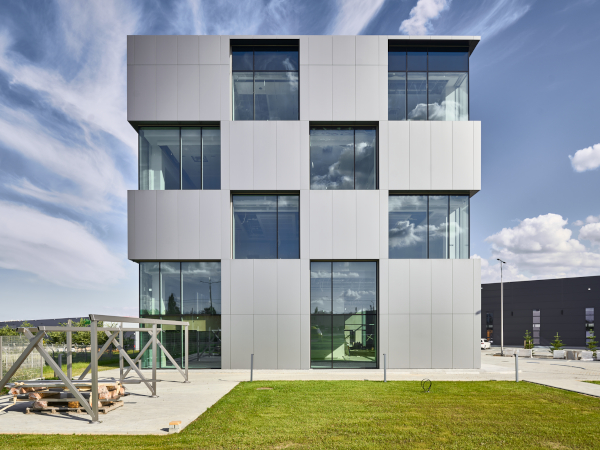
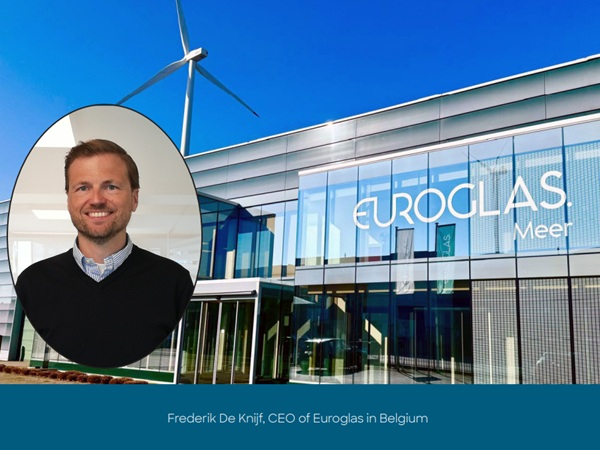
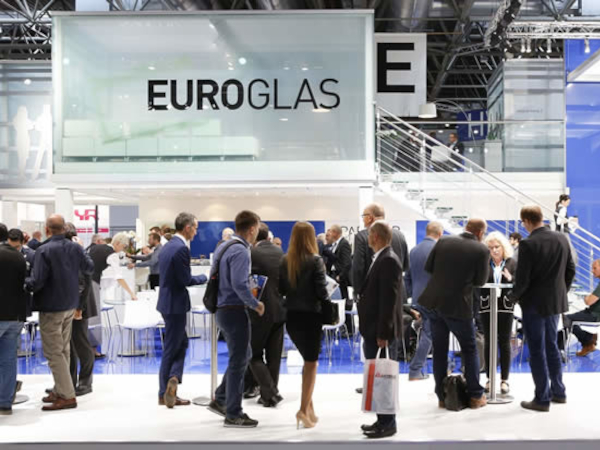
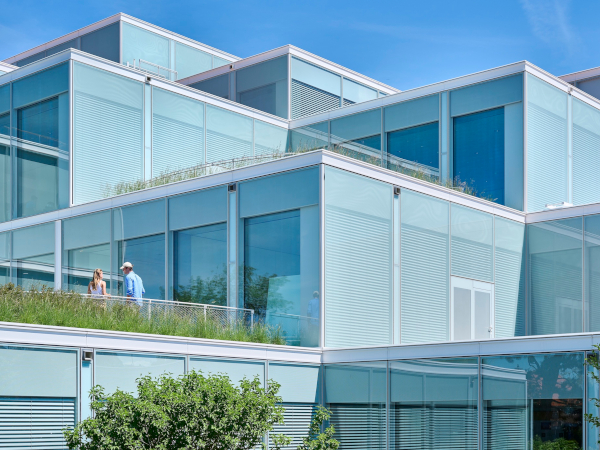
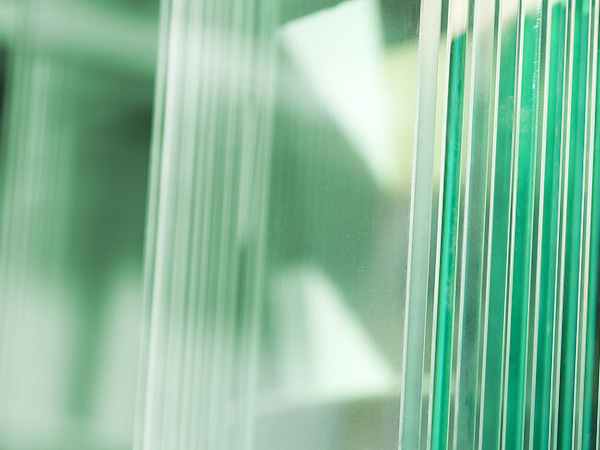
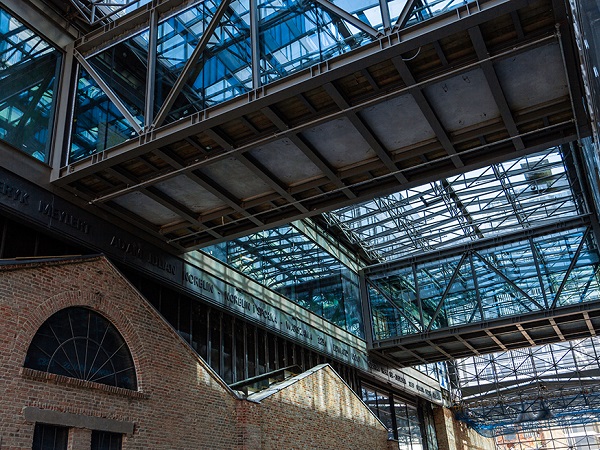
Add new comment